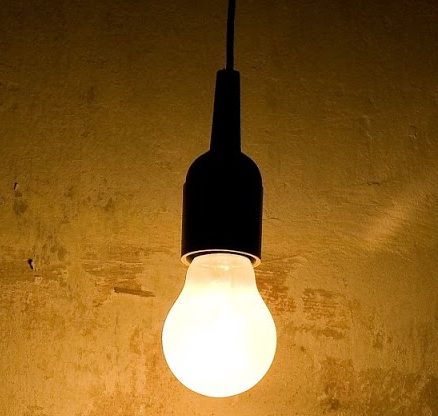
A set of recommendations has been laid out by Intellectual Icons for Sustainable Impact and Development aimed at boosting electricity generation and distribution in Nigeria.
The organization stressed the importance of investing in power infrastructure, renewable energy, and modernization of the grid.
Furthermore, it called for the establishment of stable policies, the provision of incentives for private sector investments, and the implementation of measures to combat corruption in the sector.
IISID highlighted the current disparity between Nigeria’s electricity demand, estimated at 180,000 MW for a population exceeding 210 million, and its actual generation capacity of less than 6,000 MW.
The dominant reliance on gas-fired power plants, facing supply challenges and inadequate investments, was also noted by the organization.
Additionally, Nigeria’s untapped renewable resources such as solar, wind, and hydropower were identified as potential sources for enhancing electricity generation and accessibility.
In its role as a knowledgeable entity in power generation and sustainability, IISID suggested various strategies for improvement:
These strategies include enhancing collaboration between the government, private sector, and international organizations, allowing multiple electricity distributors to encourage competition and efficiency, promoting energy-efficient technologies, and advocating for renewable energy benefits through public education campaigns.
Moreover, the organization recommended supporting off-grid solar systems, micro-hydro plants, advancing renewable energy technologies through investments, building institutional and human resource capacities to manage the transition to renewable energy, conducting pilot projects to test renewable energy viability, and introducing anti-corruption measures in the sector to tackle inefficiencies.
According to IISID, these recommendations are drawn from an extensive 41-page document resulting from years of thorough research and analysis conducted by experts and practitioners.
IISID emphasized that without addressing critical challenges like outdated infrastructure, overreliance on gas and hydroelectric power, past corruption issues, and poor maintenance and revenue collection practices, the government’s ongoing efforts in the sector may prove inadequate in the long run.
While acknowledging the government’s awareness of some of these issues, IISID expressed uncertainties regarding the comprehensive recognition of all concerns by the authorities.
